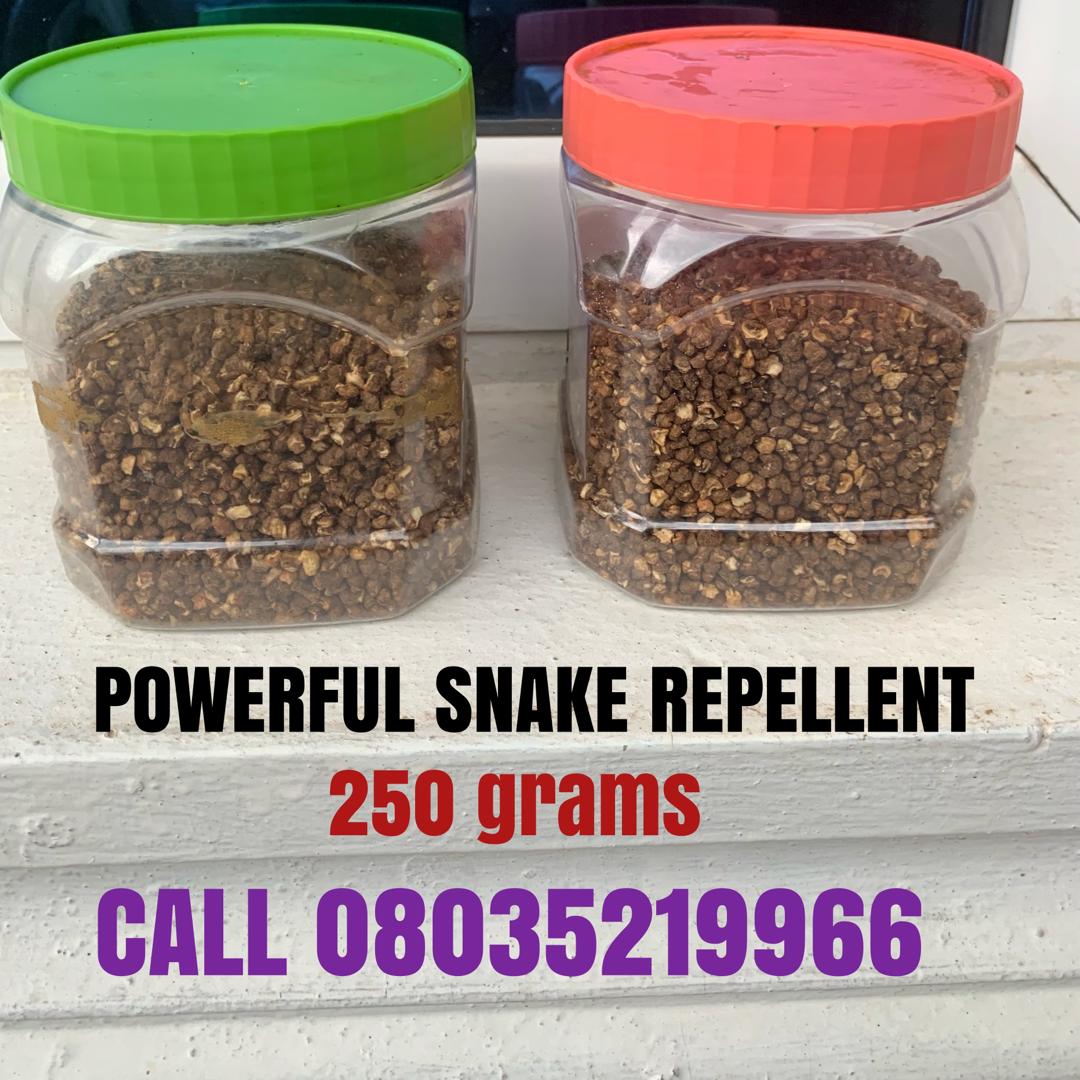Why soldier ants is so common in poultry environment and what can be done to control them
Soldier ants, commonly known as worker ants, can be found in poultry environments due to several factors:
 Learn More
Learn More1. **Food Sources:** Poultry feed and grains are readily available in poultry environments. Ants are attracted to these food sources, making such areas appealing to them.
2. **Moisture:** Ants are drawn to moisture, and poultry environments often have waterers, damp bedding, and spilled water, creating ideal conditions for ants to thrive.
3. **Nesting Opportunities:** Poultry bedding, if not properly managed or cleaned, can provide suitable nesting sites for ants. The warmth and protection offered by poultry bedding make it attractive for ant colonies.
To effectively control soldier ants in poultry environments, you can follow these detailed steps:

1. **Maintain Cleanliness:**
– Regularly clean up spilled feed, water, and poultry waste to remove potential food and water sources for ants.
– Ensure that feed storage containers are tightly sealed to prevent ants from accessing the food.
READ ALSO How to Sell Chickens or Turkeys with Minimal Losses Even in Challenging Times
2. **Seal Entry Points:**
– Inspect the poultry housing and facilities for any cracks, gaps, or openings that ants can use to enter. Seal these entry points using caulk, weather stripping, or other appropriate materials.
3. **Ant Bait Stations:**
– Use ant bait stations specifically designed for controlling ants. These bait stations contain insecticides that worker ants carry back to their colonies.
– Place bait stations near ant trails or where ants are frequently seen. Follow the manufacturer’s instructions for placement and usage.
4. **Natural Predators and Biological Control:**
– Consider introducing natural ant predators into the poultry environment. Certain bird species, such as swallows, are known to feed on ants and can help control their population.
– Beneficial insects like parasitic wasps and nematodes can also be used for biological control of ants.
5. **Regular Monitoring:**
– Continuously monitor the poultry environment for ant activity. This will help you gauge the effectiveness of your control measures.
– Adjust your control methods as needed based on the observed ant population.
READ ALSO 9 diseases that can affect egg production in poultry
6. **Professional Pest Control Services:**
– If the ant infestation is severe or persists despite your efforts, consult with professional pest control experts who specialize in agricultural settings.
– They can conduct a thorough assessment, develop a tailored pest management plan, and apply appropriate treatments while ensuring the safety of your poultry.
ATTENTION: Click “HERE” to join our WhatsApp group and receive More updates directly on your WhatsApp!
7. **Follow Regulations:**
– Always follow local regulations and guidelines regarding pest control in agricultural settings.
– Use pesticides and chemicals as a last resort and only in accordance with approved practices and safety measures.
By following these detailed steps and maintaining a proactive approach to ant control, you can help ensure the health and well-being of your poultry while minimizing the presence of soldier ants in your environment.
🧩CREATED BY DR JOSEPH DEJI-FOLUTILE















